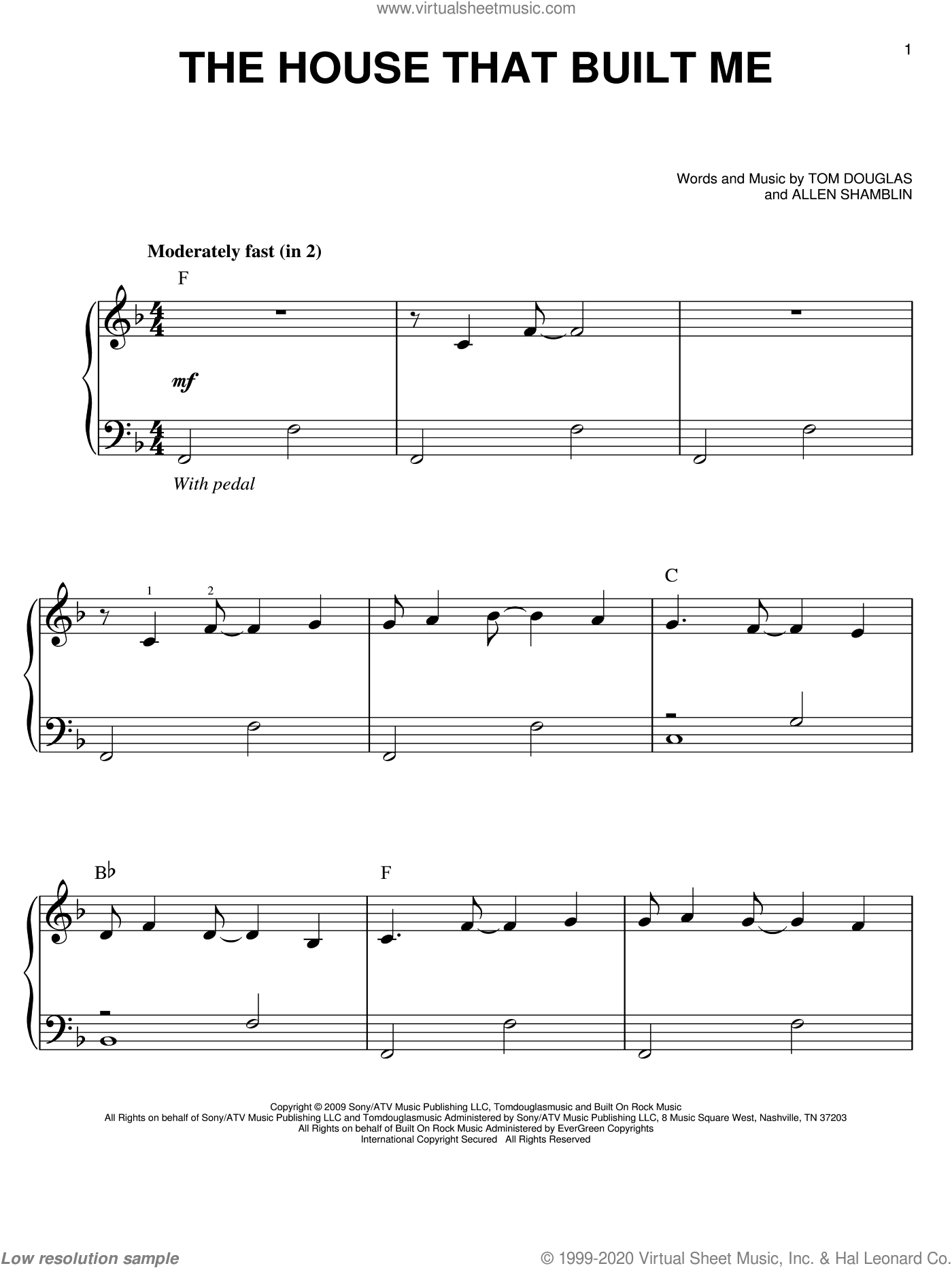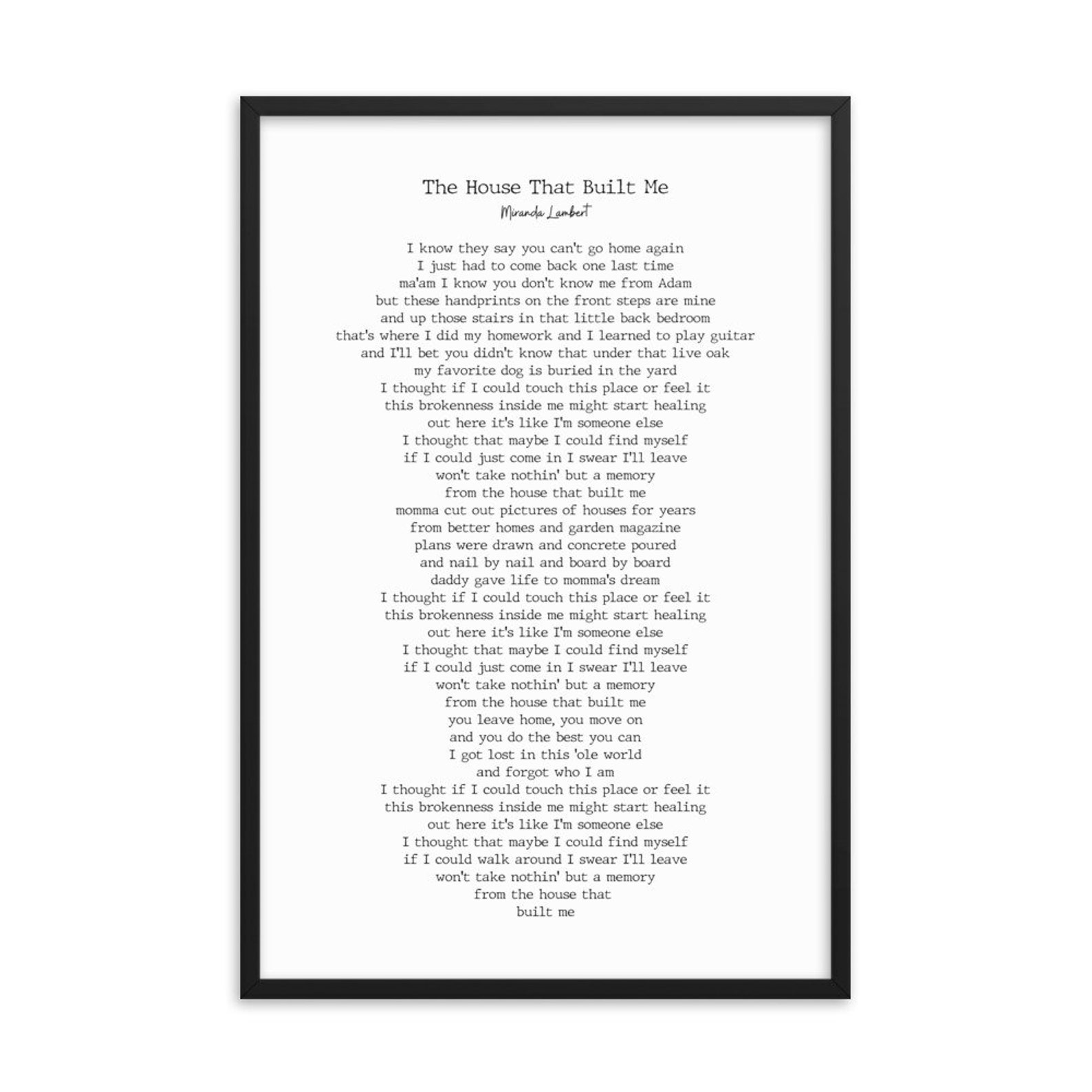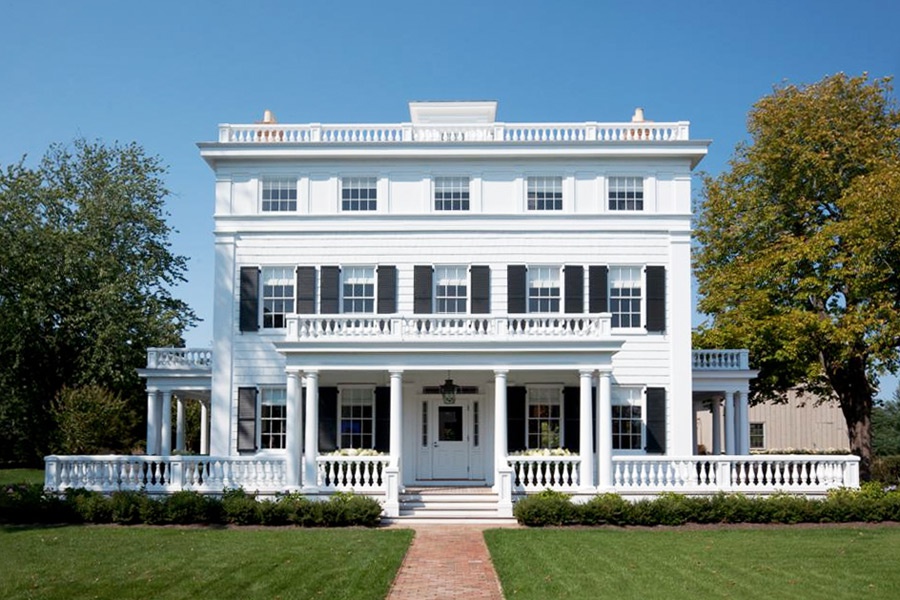Table Of Content

There are familiar character names, directly absorbed plotlines, overt and subtle visual nods. After four series for Netflix, including The Haunting Of Hill House and Midnight Mass, Flanagan has really found his confident groove. He’s as adept as ever at creating a spooky mood, but his storytelling is defter than it’s been before. Past projects have had a bit of sentimentality about them, but Usher doesn’t allow itself huggy endings or nice guys to root for. Instead, it has the harder job of reckoning with apparently irredeemable people, asking what brought them here and how monsters are created. The Ushers may not elicit much sympathy, but they do (mostly) earn some understanding.
How does it compare to Mike Flanagan’s other Netflix shows?
Poe’s infamous short story that provides a basis for this work possesses an additional affinity with Flanagan because it shares his obsession with family. Mike Flanagan has been one of Netflix’s most dependable showrunners, expertly crafting one horror series after another since The Haunting Of Hill House in 2018. His newest series uses the stories of Edgar Allan Poe to build a tale of a family who built a pharmaceutical powerhouse under somewhat sketchy circumstances, and a patriarch who sees all of his children die in the span of two weeks. Like some of Flanagan’s previous work — Hill House is based on a Shirley Jackson novel and Bly Manor a story by Henry James — House of Usher is the kind of adaption that uses the source material as a skeleton to build something entirely new upon.
The Rules of the Game
Usher has been reimagined as the head of a massive pharmaceutical company he runs with his twin sister, Madeline (Mary McDonnell). Every episode includes flashbacks to a young Roderick (Zach Gilford), Madeline (Willa Fitzgerald), and Annabel Lee (Katie Parker), Roderick’s first wife. These fill in how the Ushers made their fortune, but they’re kind of a narrative drag.
Newsletter Sign Up
Of course, that tragedy is more for the patriarch than it is for us, and their deaths, while instrumental to the story, aren’t really what it’s about. Though their respective demises come in varying degrees and patterns of awful, almost every member of the House of Usher is despicable in their own way. Imagine watching Succession and seeing each of the series’ miserable players get what they deserve in the most lethal way possible? That’s the type of delicious schadenfreude that The Fall of the House of Usher offers. We watch on as each victim – Usher or otherwise – makes their proverbial bed despite the grace of the literal warnings offered.
Related Stories

The series brings to Poe’s work a modern twist, as the feuding members of the Usher family get killed off one by one. So, class, cue up your streaming devices and let’s take a dive into this list of the chilling Poe references in The Fall of the House of Usher. Flanagan tends to work with a core rotating ensemble of actors, similar to American Horror Story’s anthology approach to recurring casts. This series, they all commit themselves completely to the conceit that they’re in some kind of Poe-ian shadow world, effortlessly dropping off-kilter lines from Poe poems and novels alongside zings and barbs about NDAs and PR spin. Each episode owes something vaguely thematic to a different well-known Poe short story, with the manner of death unfolding in a Final Destination-like hodgepodge of calamity. The gruesome deaths of the Ushers (a clear analogue of the Sacklers) are supernatural retribution for America’s opioid crisis, which Usher helped, um, usher in.
Netflix’s ‘The Fall of the House of Usher’ Is a Gruesome Family Drama Wrapped in a Web of Edgar Allan Poe: TV Review
Mike Flanagan‘s “The Fall of the House of Usher,” which earns its title from an 1839 Edgar Allen Poe story, showcases the demise of a family who, after being afforded every opportunity, eventually pays the price for their rampant monstrosity. While you can mostly see where things are headed in a broad sense, House of Usher excels at the details, from the thematically fitting way that characters are killed to the truth behind Roderick’s deadly deal. Even something as seemingly simple as an ignored text message becomes a powerfully tragic moment, full of both terror and heartbreak. That combination, of course, is exactly what Flanagan is known for, and it remains strong in House of Usher...
In Poe's original short story, an unnamed narrator visits his old friend Roderick Usher, who has fallen ill along with his twin sister Madeline—the last surviving members of a once prominent family. The nature of their illness is never disclosed, but Roderick appears to be going mad, convinced his fate is tied to the Usher house—and there is an ominous crack starting from the roof running down the front of the house. Roderick accidentally entombs Madeline alive, believing she has died, and one dark stormy night, she re-emerges and attacks him in revenge. As the twins expire and the narrator flees in terror, the entire house splits in two and sinks into a nearby lake. It's pure Gothic horror, a genre that inspired Poe's many short stories and poetry in the early 19th century. Though enjoyable, the middle episodes of “The Fall of the House of Usher” do drag a bit.
This Raven's Got a Hold on Me: The Fall of the House of Usher - Reactor - Tor.com
This Raven's Got a Hold on Me: The Fall of the House of Usher - Reactor.
Posted: Tue, 17 Oct 2023 07:00:00 GMT [source]
When Dupin gets to Roderick’s house, the same one he grew up in, the senior Usher tells him that he’s ready to admit to all of it. He means the fraud and other charges that Dupin has brought against him and his company, Fortunado Pharmaceuticals. But he also wants to tell him about who killed all six of his children over the past two weeks. He had his six children — Frederick (Henry Thomas), Camille (Kate Siegel), Napoleon aka “Leo” (Rahul Kohli), Tamerlane (Samantha Sloyan), Victorine (T’Nia Miller) and Prospero (Sauriyan Sapkota) with five different women. But because of the way he was brought up, in a family of exclusion, they’re all welcome, if they keep the family’s secrets in the family. Mike Flanagan returns to form in The Fall of the House of Usher, delivering a deliciously macabre and contemporary reimagining of the works of Edgar Allan Poe.
Share this story
Problematically, Flanagan tends to conflate queerness with depravity and sexual fluidity is punished here with an unnerving flourish. But the show remembers to be actually scary, with truly inspired uses of chimps, mirrors and sprinkler systems. There’s no question that The Fall of the House of Usher ranks among Flanagan’s finest works. Trucco’s character is Rufus Griswold, a name shared with the 19th century scribe whose reflections on Poe after the latter’s death helped shape our possibly incorrect perception of the author as an opioid-addicted madman, which adds a layer of irony to Flanagan’s Sackler-esque prism.
The foundation for the anthology is established by the gothic cloth animation of Emma De Swaef & Marc James Roels, who previously orchestrated the colonization mini-anthology short “This Magnificent Cake! ” Their eye for towering sets, intricate stark detail, and characters with tiny eyes and mouths continues here, with a slow burn tale about a family that suffers from a Faustian homeowner bargain. The father Raymond (Matthew Goode) makes a deal with “an architect of great renown” that he runs into the woods named Mr. Van Schoonbeek (Barney Pilling), who offers them a new mansion and furnishings, for free. The only catch, that they are aware of at least, is that they must give up their current home. Raymond jumps the opportunity as a means of status, to have the nicest house in the area, and make others jealous.
The second belongs to Henry Thomas as Freddie, the maligned eldest child who channels his familial resentment and insecurity into malevolent domestic abuse as his siblings start dying, culminating in a classic, shall we say, stroke of irony. Auguste Dupin (Carl Lumbly) has spent decades trying to nail the siblings on the company's various shady business practices and has finally managed to bring the Ushers to trial. The family is ably defended by their dour lawyer/fixer, Arthur Gordon Pym (Mark Hamill), aka the "Pym Reaper," and it looks like they might once again escape any real consequences for their role in the opioid epidemic.
The streaming giant has moved in recent years to making fewer seasons per series, and frequently canceling shows before they’ve finished telling their respective stories. Flanagan technically doesn’t make an ongoing series, but rather writes and directs various miniseries that tend to feature a lot of the same actors, like Carla Gugino, Henry Thomas, Rahul Kohli, and his wife Kate Siegel. The different projects — including The Haunting of Hill House, The Haunting of Bly Manor, and Midnight Mass — aren’t always tonally identical, but all fit somewhere along the horror spectrum.

The narrative shifts away from the motivations and desires of the Usher children, focusing more on Roderick and Madeline as perpetrators of the opioid epidemic. This element of the series was often too on the nose, and much less compelling than the random displays of immorality and wickedness that make the Ushers rotten to the core. Since there are more than a couple of fictional representations of the Saclker family in media, the show would’ve been even stronger had it not leaned so heavily into those story fragments, and remained aligned instead with the “Succession” aspects of the series. Also, the framework of the Usher legacy is most poignant when Flanagan shines a light on the twins’ ambitions, even as teens and young adults, as well as their unbridled loyalty to one another. Broken up into eight chapters, the six middle episodes of “The Fall of the House of Usher,” each named for a terrifying Poe tale, illustrate the death of one of the Usher children. Fans of creator Mike Flanagan know that his entire body of work sits within the horror genre, but this show is more sinister than chilling.









